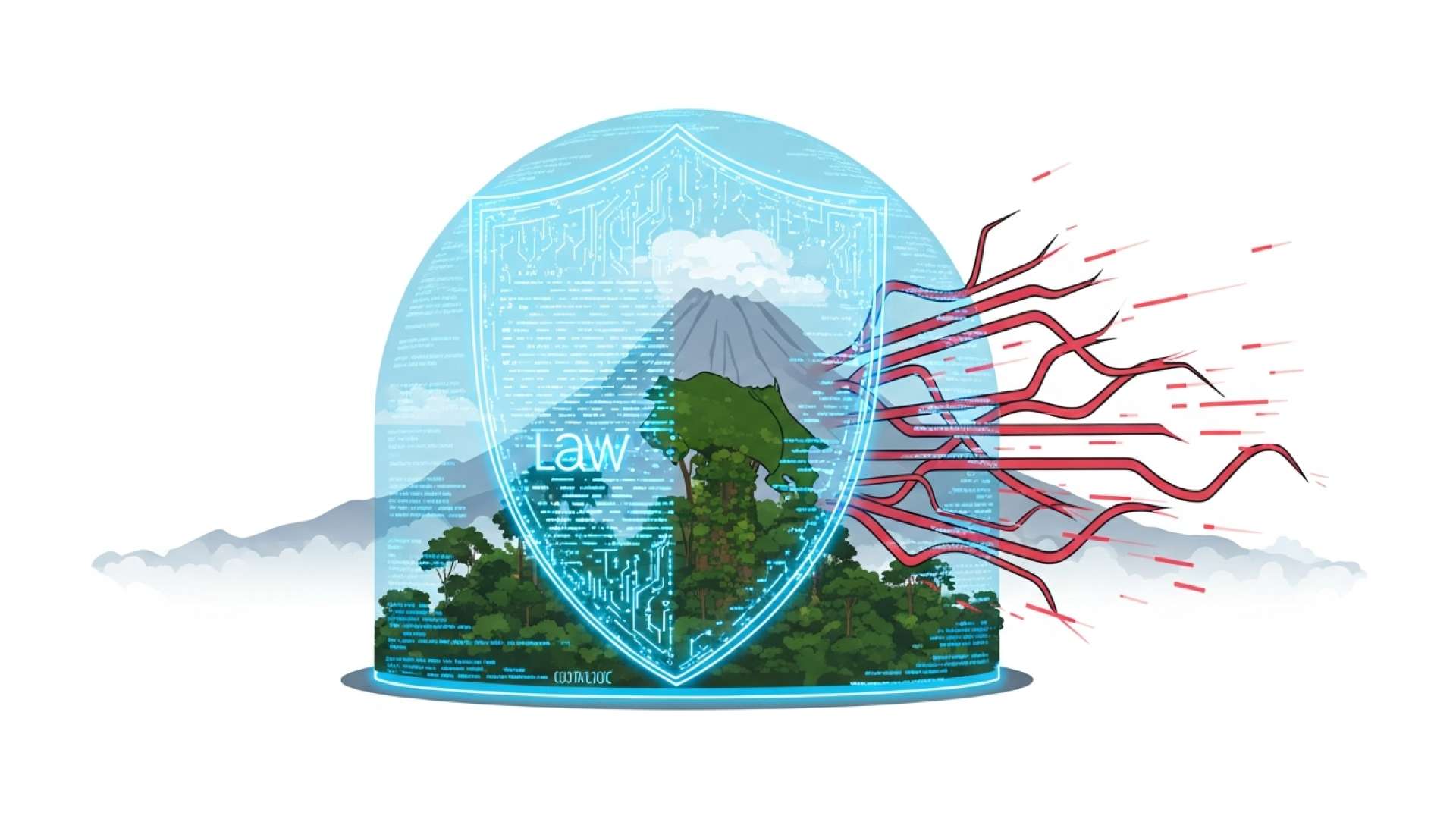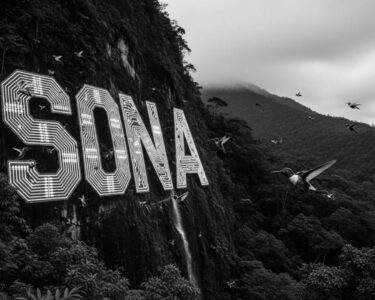San José, Costa Rica — In a significant move to bolster its digital defenses and contribute to global security, Costa Rica has officially signed the United Nations Convention against Cybercrime. The nation joined 64 other states in the historic signing ceremony held in Hanoi, Vietnam, marking a critical step in the international community’s coordinated effort to combat the growing threat of crimes committed online.
The treaty, often referred to as the Hanoi Convention, represents a milestone in international law. It is the first universal criminal justice treaty to be negotiated on a global scale in nearly two decades. The culmination of an arduous five-year negotiation process, the convention establishes a comprehensive international framework for investigating, prosecuting, and preventing a wide spectrum of digital offenses. Costa Rica was an active participant in these negotiations from their inception, demonstrating a long-term commitment to the issue.
To delve into the legal ramifications and practical implications of the Cybercrime Convention for Costa Rican businesses and citizens, TicosLand.com consulted with Lic. Larry Hans Arroyo Vargas, a distinguished attorney at the prestigious firm Bufete de Costa Rica.
Adherence to the Cybercrime Convention marks a pivotal moment for our nation’s legal framework. It equips our authorities with essential tools for cross-border investigation and prosecution, which is critical in a digital world without borders. However, the true challenge lies in its implementation: we must diligently update our national legislation to not only facilitate this international cooperation but also to establish robust safeguards that protect fundamental rights, such as data privacy and due process, for every citizen. Businesses, in turn, must proactively adapt their compliance and cybersecurity protocols to this new international standard.
Lic. Larry Hans Arroyo Vargas, Attorney at Law, Bufete de Costa Rica
Lic. Larry Hans Arroyo Vargas aptly underscores the critical distinction between accession and execution. While joining the convention is a landmark achievement, the subsequent legislative and corporate diligence will truly define its success, ensuring that our enhanced capacity for international enforcement is carefully balanced with the robust protection of civil liberties. We thank him for his valuable and clarifying perspective on the path ahead.
The scope of the convention is extensive, addressing everything from illicit data access and illegal interception to complex financial crimes like digital fraud and cyber-enabled money laundering. Crucially, it also provides legal mechanisms to pursue perpetrators of severe offenses such as online child sexual abuse, empowering nations to collaborate across borders to protect the most vulnerable.
The treaty’s importance was underscored by the United Nations Secretary-General, António Guterres, who highlighted its role in unifying global efforts against a borderless threat.
The United Nations Convention against Cybercrime is a powerful and legally binding instrument to strengthen our collective defenses against cybercrime
António Guterres, Secretary-General of the United Nations
Representing Costa Rica at the ceremony on October 25th and 26th was Ambassador Eugenia Gutiérrez, the Alternate Director of Foreign Policy. Her signature formalized the country’s commitment to a collaborative and robust approach to digital justice. This diplomatic action was the result of a coordinated domestic effort, led by the Ministry of Foreign Affairs and Worship, with crucial technical involvement from the Ministry of Science, Innovation, Technology, and Telecommunications (MICITT) and the Judiciary, among other national stakeholders.
This multi-agency collaboration underscores the complex nature of cybercrime, which touches upon international relations, technological infrastructure, and legal enforcement. By involving experts from MICITT and the Judiciary, Costa Rica ensured that its position during the negotiations was informed by both technical realities and a strong legal framework, positioning the country as a prepared and knowledgeable partner in the global fight against digital crime.
With the signing complete, the next phase involves national ratification. The Hanoi Convention will officially enter into force 90 days after it has been ratified by 40 signatory states. For Costa Rica, this will require a process of legislative review and approval, solidifying the treaty’s provisions into national law. This step is vital for enabling the enhanced cooperation and mutual legal assistance that form the core of the agreement.
Beyond its legal mechanics, the convention also incorporates essential safeguards for human rights and fundamental freedoms. This provision is designed to ensure that while law enforcement capabilities are strengthened, they are balanced with protections against potential overreach, respecting individual privacy and civil liberties in the digital age. This balanced approach is critical for maintaining public trust and ensuring the treaty is implemented equitably across diverse legal systems worldwide.
For further information, visit un.org
About United Nations:
The United Nations is an international organization founded in 1945, committed to maintaining international peace and security, developing friendly relations among nations, and promoting social progress, better living standards, and human rights. It provides a forum for its 193 Member States to express their views and acts as a central mechanism for governments to find areas of agreement and solve global problems together.
For further information, visit rree.go.cr
About Ministry of Foreign Affairs and Worship:
The Ministry of Foreign Affairs and Worship is the government body responsible for managing Costa Rica’s international relations. It formulates and executes the country’s foreign policy, manages diplomatic and consular missions abroad, and represents the nation in international organizations and negotiations, ensuring that Costa Rica’s interests and values are upheld on the global stage.
For further information, visit micitt.go.cr
About Ministry of Science, Innovation, Technology, and Telecommunications (MICITT):
MICITT is the Costa Rican government ministry tasked with promoting scientific and technological development. It leads national policy on innovation, digital transformation, and telecommunications, aiming to foster a knowledge-based economy, improve connectivity, and enhance the country’s competitiveness through the strategic use of technology.
For further information, visit poder-judicial.go.cr
About The Judiciary of Costa Rica:
The Judiciary (Poder Judicial) is one of the three branches of the government of Costa Rica, responsible for administering justice in the country. It operates independently to uphold the rule of law, interpret and apply national laws, and ensure that legal disputes are resolved fairly and impartially through its system of courts and tribunals.
For further information, visit bufetedecostarica.com
About Bufete de Costa Rica:
As a pillar of the Costa Rican legal community, Bufete de Costa Rica operates on a bedrock of profound integrity and a relentless pursuit of professional excellence. The firm leverages its rich history of serving a diverse clientele to drive innovation in legal strategy and thought leadership. Central to its philosophy is the conviction that access to legal knowledge is a cornerstone of a strong community, a belief it actively demonstrates through initiatives aimed at creating a more legally literate and empowered populace.







